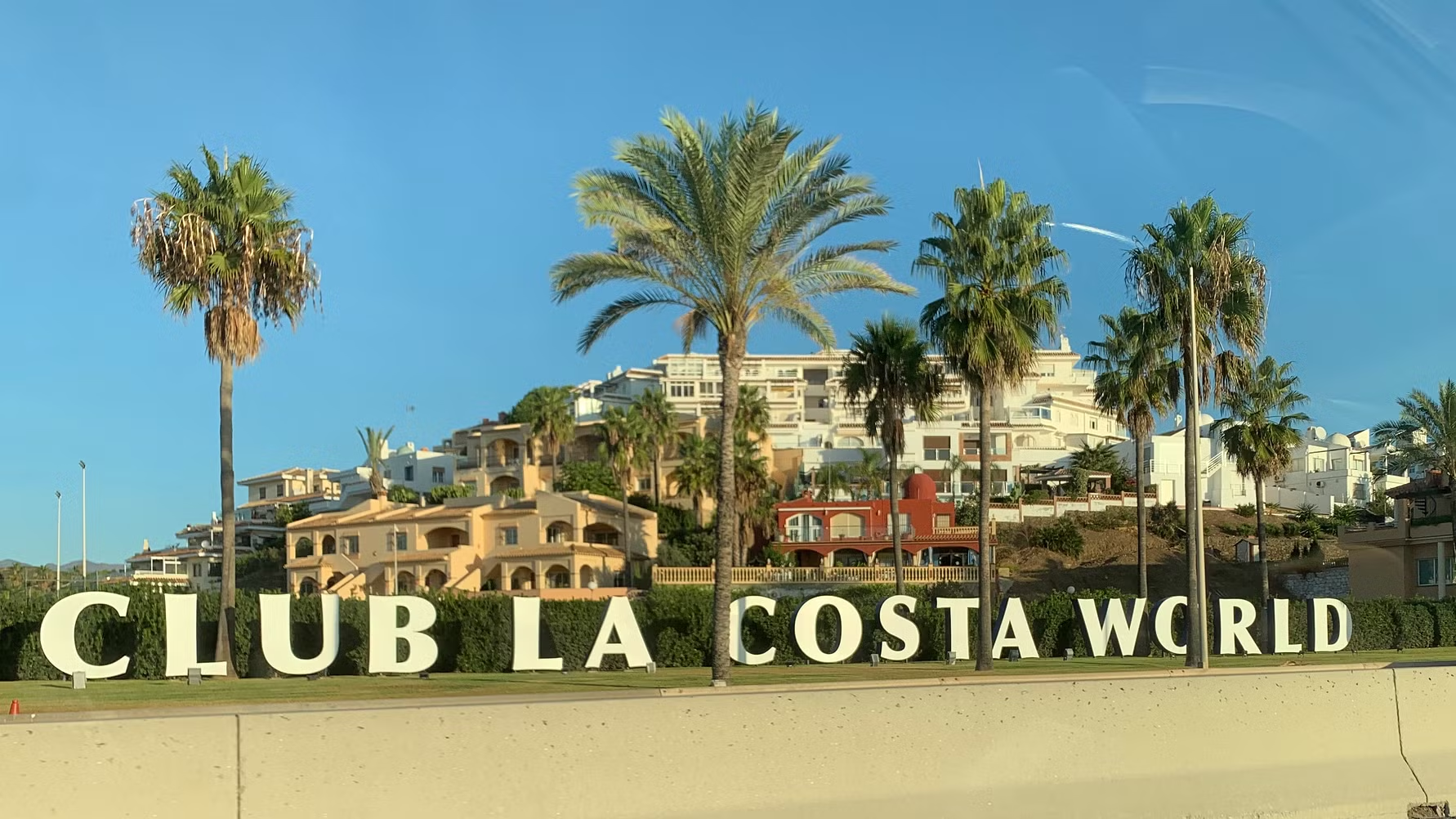Spanish law 4/2012 has been updated to include a controversial 'sunset clause,' meaning that timeshare claims now have a time limit
Since the early 1980s timeshare companies have been enriching themselves via industrial levels of consumer abuse and high pressure sales operations. Spain has made several attempts to curb the activities of rogue resorts by enacting a succession of laws designed to protect holiday makers.

Many resorts opted to ignore the laws and for over a quarter of a century continued to behave as they always had, cynically betting on the Spanish legal system's notorious bureaucracy to shield them from consequences. With enough spurious legal challenges and delays, the resorts could drag out challenges for long enough to wear down the most determined plaintiff. This strategy protected them for a full seven years after the latest timeshare law was put in place.
Enter the claims companies. Where individual challengers could be bullied into giving up if the case could be drawn out for long enough, specialist claims firms would never capitulate. They had the expertise, legal knowledge, and most of all the patience to outlast every delay tactic and spurious legal obstacle. Eventually, in 2016 the dam burst. The first ever victory against a timeshare resort was achieved on behalf of a Norwegian Anfi victim called Tove Grimsbo, who was awarded a cool €40,000.

Pandora's box was well and truly open. Timeshare companies began losing case after case. Hundreds of millions of pounds in compensation was awarded in a conveyor belt of judgments that is ongoing even today. All of the major timeshare moneymaking powerhouses of the 80's 90s and 2000s began toppling, one by one, Only a very few companies remain in business at the time of writing this article.
New timeshare sales in Spain have dried up to a trickle. The companies who remain have been lobbying hard to find a way to avoid being held responsible for their illegal activity.
A compromise seems to have been reached with the authorities in Spain.
It wasn't the result they wanted. The timeshare lobbyists were asking for a 12 month limit on all compensation claims. In fact, on the 3rd of January 2025, the Boletín Oficial del Estado (BOE) approved an update to the provisions of Law 4/2012. Among other details, this finalised a 5 year limit for making claims against timeshare companies over illegal contracts and consumer abuse.
People considering claims must now do so within a five year period of the update to 4/2012.
If your claim is not filed by 3rd January 2030, you will no longer have any legal avenue to seek justice and compensation.
"But five years is plenty of time," you might be thinking to yourself. "There is no rush..."
This might not be the case, according to European Consumer Claims director and consumer expert Greg Wilson.

"The Spanish legal system does not move quickly. In the past claims have often taken a year or more. With this announcement we are expecting an increased urgency among potential claimants. There could very easily be a bottleneck situation as everyone battles to get their claim processed at the same time.
"Which side of that potential traffic jam of claims would you rather be on?
Wilson believes that it isn't even just the financial award that motivates many claimants. "The average award is in the region of £20,000 so it is not a small amount of money. The biggest award to date has been over £300,000 but that is obviously unusual.
"From the clients I speak to however, the overriding desire seems to be a desire for justice. They know that they have been taken advantage of by unscrupulous timeshare operations and they want those bad actors to pay for what they have done.
"With this deadline being set it is important to take the opportunity now, before it is gone forever."
If you believe you have been mistreated in any way by a timeshare company and are interested in seeking redress, then get in touch with our team for a free, no-obligation consultation.
We can help.
